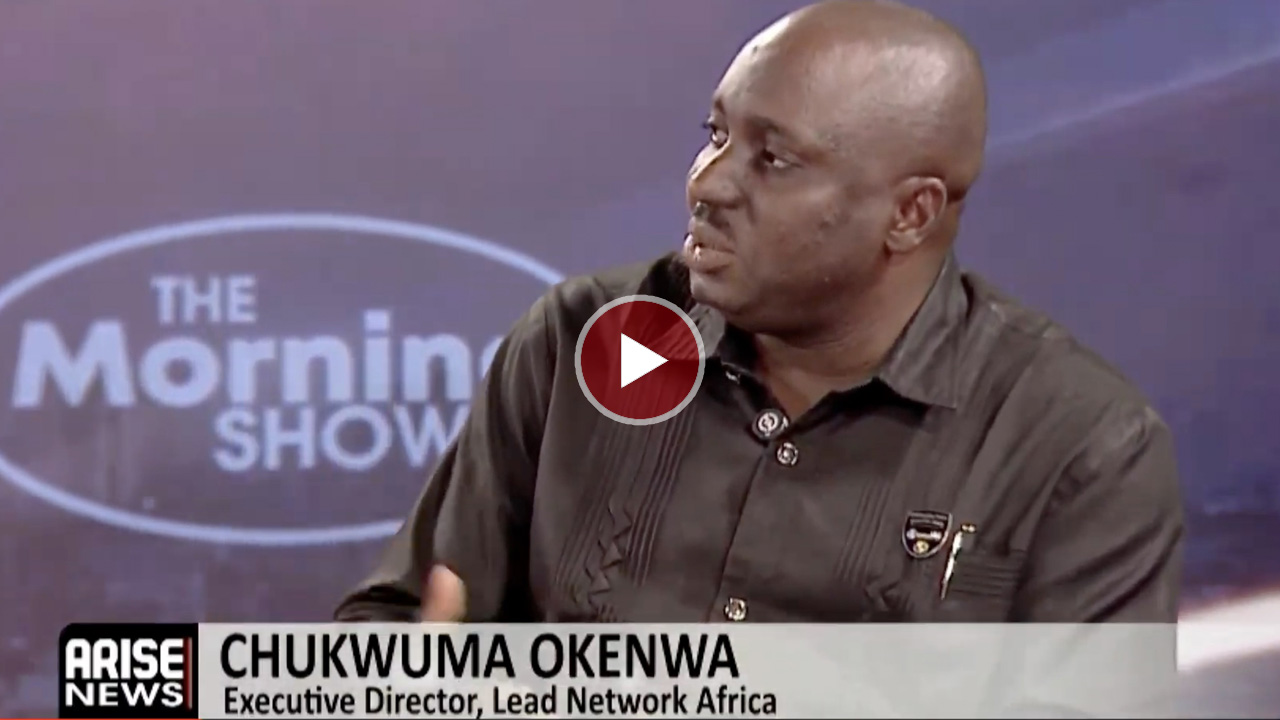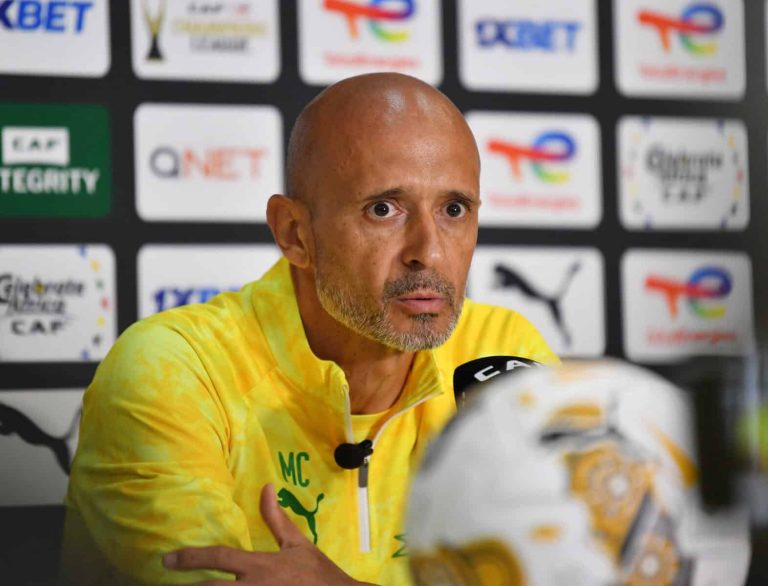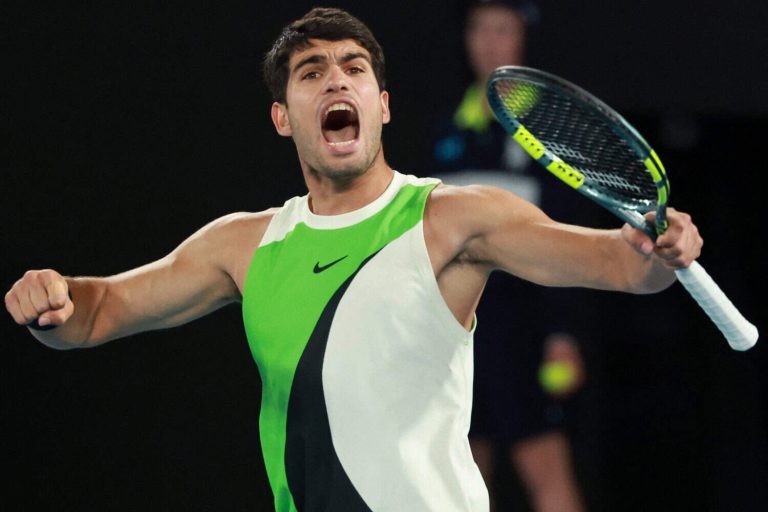

Executive Director of LEAD Network Africa, Chukwuma Okenwa has warned that Nigeria’s democracy is at a crossroads, with the growing dominance of the ruling All Progressives Congress (APC) threatening to tilt the country toward a one-party state, asserting that the wave of political defections and the absence of ideological commitment among politicians are eroding the foundations of democratic competition and accountability.
In an interview with ARISE NEWS on Saturday, Okenwa lamented that the increasing ease with which politicians switch political allegiances shows a complete lack of ideology and political sustainability, stating that the current situation, where members of the opposition continue to defect to the ruling party, signals a democracy driven by personal interest rather than principle or party vision.
“The beauty of democracy is having an opposition that should be able to engage the ruling party. But the ease with which people cross carpet from one party to another is rather becoming worrisome.”
He described the current wave of defections as a dangerous trend that weakens institutional checks and balances. With the APC now holding the majority in both the Senate and the House of Representatives, Okenwa warned that Nigeria’s political system is gradually turning into a “winner-takes-all” model where dissenting voices are drowned out. “The current wave of defections is a dangerous trend that weakens institutional checks and balances. With the APC now holding the majority in both the Senate and the House of Representatives, Nigeria’s political system is gradually turning into a winner-takes-all model where dissenting voices are drowned out.”
“Even if APC becomes the de facto one-party system, maybe it’s going to operate like a communist party, where there’s a fair sharing formula, throwing out the very best. So it becomes a case of the winner takes it all,” he stated.
Okenwa said Nigeria’s democracy is suffering because politicians often place personal survival and political expediency above ideology and party loyalty, noting that the current dominance of the ruling party is not a reflection of superior governance, but of a political system where opposition is weakened by opportunism and fear. “Nigeria’s democracy is suffering because many politicians prioritise personal survival and political expediency over ideology and party loyalty,. What we are seeing today is not about superior governance by the ruling party, but a system where opposition is weakened by opportunism and fear.”
He expressed particular concern over the ruling party’s growing control of state legislatures and executive offices across the country, saying the imbalance of power threatens the diversity of voices necessary for a healthy democracy.
“It’s all about political survival, not necessarily aligning with the centre. This alliance is becoming way too heavy, leading to a one-party state. Once you join APC, the sins are forgiven. You become a saint. It’s more or less like there is that negligence on actually holding public officials accountable, provided you align with the mandate of the leader,” Okenwa said.
He argued that Nigeria’s democracy is suffering from “weak institutions and strong individuals,” where politicians operate without ideological direction and where loyalty to powerful figures supersedes commitment to the public good. “Nigeria’s democracy is suffering from weak institutions and strong individuals,” Okenwa said. “Politicians operate without ideological direction, and loyalty to powerful figures supersedes commitment to the public good.”
Okenwa also drew parallels between Nigeria’s political structure and global democracies such as the United States, where ideological clarity defines parties and voter expectations. He said in Nigeria, the absence of such ideological identity has created a political environment where politicians see parties merely as platforms for ambition rather than vehicles for governance philosophy.
“Just like in the United States, when you talk about Democrats, the first thing that comes to mind is liberals. And when you talk about Republicans, that’s conservatives. Imagine how easy it is for a Muslim to cross carpet to Christianity and vice versa. But in Nigeria, it’s very easy for someone to just move the next moment, find a new home in the next party. Parties are merely vehicles for politicians to reach their destination, rather than representing a governance philosophy,” Okenwa said.
According to him, the pattern of constant defections reflects the collapse of internal party democracy, especially within the opposition Peoples Democratic Party (PDP). He said the PDP has lost its ability to self-correct and now suffers from internal fractures that make it incapable of providing credible opposition.
“A house divided against itself cannot stand. PDP at the moment is undergoing what we call a poor immune disease, where your own immune system begins to fight against you. It’s not about running away from corruption cases anymore, it’s all about political survival.”
He explained that many politicians are abandoning the PDP because they believe the party’s platform has become too unstable to guarantee their future political ambitions. “If the platform is shaking, you don’t want to still be in the court when the elections are made,” he said.
On the question of responsibility, Okenwa said while it is easy to blame defecting politicians, the President also bears part of the responsibility for fostering a political environment that rewards defections and punishes dissent. “We actually will not absolve Mr. President from the blame. In diplomacy, it’s what we call soft power. There’s a way you can induce the opposition to understand that, come on, you just have to like leave,” he said.
He pointed out that Nigeria’s democracy once benefited from the presence of two strong parties similar to the United States but is now sliding toward domination by a single power bloc. “We’ve seen the beauty of having two strong parties, just like in the US. But when you now have this same opposition line turning into a one-dominant-party system, it may not be like what we set out for in 1999,” Okenwa warned.
Okenwa further argued that the lack of accountability among political elites has created a dangerous precedent where power, rather than public service, is the ultimate goal. “One man of power outweighs a thousand men who know their rights.”
“The citizens should rise up. The essence of having opposition is to engage at that level, party to party, and not throw it out to the judiciary. I just do hope it will not come to a time in Nigeria when the judiciary will also sing ‘on your mandate we shall stand.”
Erizia Rubyjeana


